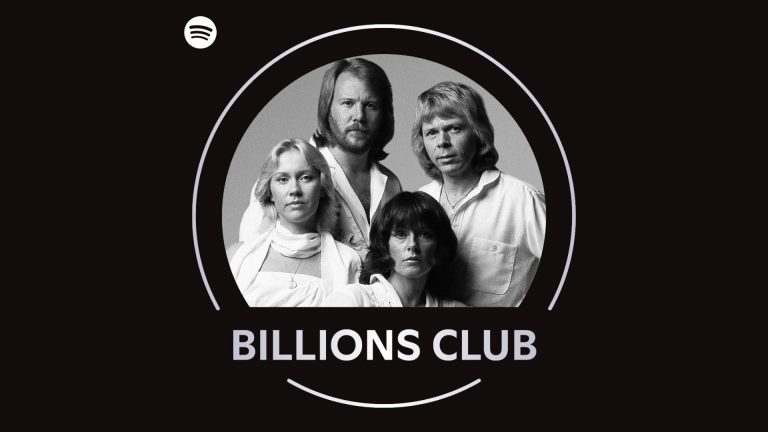Once considered a ticket to elite finance roles, the CFA charter is now under scrutiny. Tech entrepreneur Kunal Bahl ignited a fierce conversation after questioning whether the once-coveted credential still holds weight in a crowded job market.
“Is anyone bothering about giving CFA exams anymore?” the Snapdeal co-founder asked on X. “Doesn’t seem like it’s going to be a particularly useful degree as a resume differentiator.”
The remark triggered swift responses from both critics and defenders. “Giving the CFA as an ‘exam’ just to add it in your resume is a very wrong way to approach it,” one user countered. “CFA is not the cherry to your resume. It builds the core understanding and principles of Finance and Ethics.”
Others noted that value often depends on geography and context. “In cities like Mumbai, Bangalore, Gurgaon, there are a lot of takers for CFA. But if you’re in Agra, Kanpur, or Vijayawada, it may not be useful,” another commenter pointed out.
Despite doubts, the CFA program remains massively popular in India. By 2022, the country had overtaken the U.S. in new enrollments, becoming one of the largest markets for the CFA Institute globally. As of 2023, India had over 3,500 charterholders and thousands more pursuing the designation.
CFA charterholders are in demand for roles in investment banking, asset management, and corporate finance. The credential is also seen as a focused, cost-effective alternative to an MBA—particularly attractive in India’s booming but competitive finance sector.
Still, Bahl’s comment taps into a larger trend: in today’s fast-moving market, knowledge alone may not set candidates apart.






